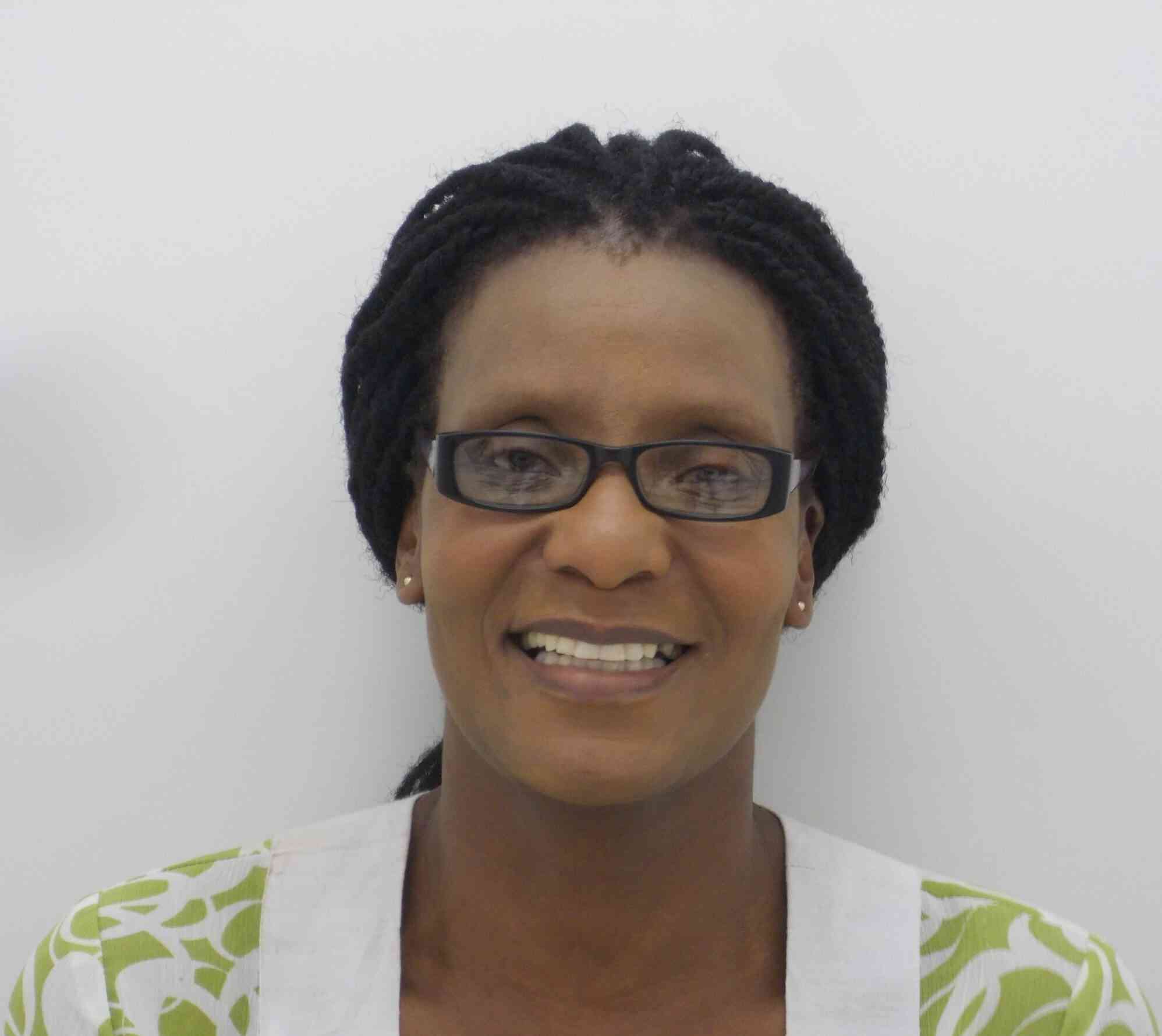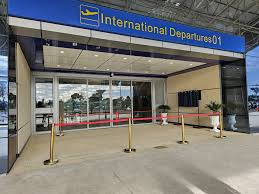
IN a bid to efficiently achieve the Sustainable Development Goals (SDGs), Zimbabwe has engaged child and youth participation in local governance, a move that is in line with the theme: Leave No One Behind.
BY JAIROS SAUNYAMA

The SDGs, otherwise known as the Global Goals, are a universal call to action to end poverty, protect the planet and ensure that all people enjoy peace and prosperity by year 2030.
These 17 goals build on the successes of the Millennium Development Goals, while including new areas such as climate change, economic inequality, innovation, sustainable consumption, peace and justice, among other priorities.
Speaking during the Child Coalition Conference held in Harare recently, Zimbabwe National Council for the Welfare of Children (ZNCWC) programmes officer Maxim Murungweni said his organisation has embarked on a mission to engage child and youth participation at all levels of decision making in the country, a move that he said will ensure the smooth implementation of the global goals.
“Zimbabwe ratified both articles on children rights and as such is expected to ensure that it provides children with the conducive platforms to actively participate and contribute in national development issues. In order to ensure that children are no left behind there is need for all stakeholder to address the barriers that prevent children from actively participating in development processes,” he said.
Murungweni added that lack of access to education, poverty and high cases of child marriages all negatively affect children from participating in development processes.
Zimbabwe is making great strides in engaging children on national issues, for example, the establishment of the Junior Parliament is such one good platform that provides children with such an opportunity to air out their views and share ideas.
- Chamisa under fire over US$120K donation
- Mavhunga puts DeMbare into Chibuku quarterfinals
- Pension funds bet on Cabora Bassa oilfields
- Councils defy govt fire tender directive
Keep Reading
Currently, ZNCWC has implemented a child participation through supporting the Bulawayo and Harare Junior Council which has seen children participating in the local decision making process.
Child rights expert Samuel Mandiwana, who has been leading the project, said despite the progress being made on child participation, there was need for more resources towards the cause.
“We are happy of the progress of child and youth participation at local government level; especially the platforms created to engage children and youth in decision making and community developmental processes. However we do feel that more resources should be channelled to the participation of children and youth and this should be accompanied with training for adults to bridge the knowledge gap,” said Mandiwana.
Other achievements from the child participation project include the inclusion of children from marginalised communities like Hopley in Harare who are given platforms and space to reach out to policymakers.
Munyaradzi Muzenda, the director of Africa Speaks, an organisation that has been cycling across Africa in support of the SDGs said, the current generation is the future of tomorrow hence there is need to engage them since they will be adults by 2030.
“Children’s participation is pivotal because if we are talking about 2030, we are talking of people below 15 years because in 2030 the 15-year-old will be 28 Years. The one with five years will be 18. So based on that, it’s critical to include them instead, the elders must listen to them regarding the Africa they want, and the Zimbabwe they want. SDGs are not meant for government officials or senior citizens,” he said.
The adoption of the Agenda 2030 in September 2015 by the United Nations represented a firm commitment by the world leaders and United Nations member states to address the most challenging issues facing the world.
The SDGs are expected to influence the course of the history of humanity in the next 15 years: 2016-2030, while tackling issues such as poverty, inequality and unemployment which are more crucial in Africa.
The Government of Zimbabwe is signatory to the SDGs and was also signatory to the former Millennium Development Goals (MDGs): 2000-2015. The Eight Millennium Development Goals (MDGs) 2000-2015 were implemented during a difficult economic era for Zimbabwe.











